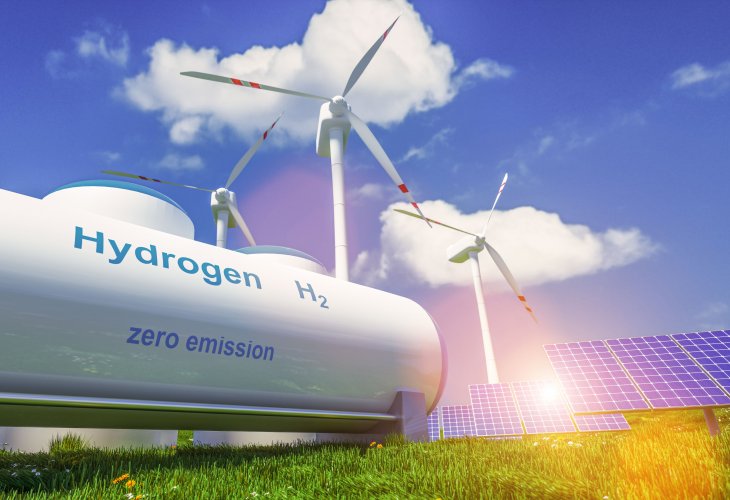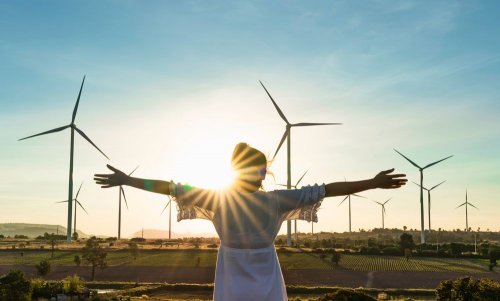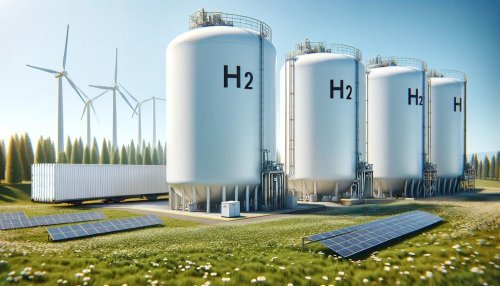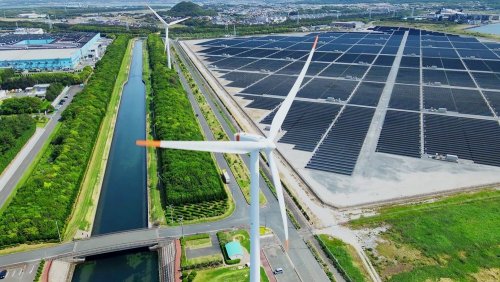A report by the consulting company McKinsey showed that by 2050, the demand for hydrogen will increase fivefold, that is, to 600 million tons, against the background of the global green transition.
However, bottlenecks, namely slow permitting and higher costs, may hinder the potential of green fuel and its real supply will reach 175-291 million metric tons per year, according to WSJ Pro.
"The big problem today is that there are a lot of announcements that have great potential, but only 6% to 10% have actually been raised in terms of funding," said Pierre-Etienne Franck, CEO of hydrogen investment fund Hy24. .
The article emphasized that hydrogen is critical to decarbonizing industries where it is difficult to reduce emissions, including maritime transport and heavy industry. Thus, green hydrogen can potentially reduce steel production emissions by 95%.
The report named three main "bottlenecks", namely:
- higher costs;
- slow obtaining of permits;
- lack of access to capital.
It is noted that costs and interest rates are rising, but so are government incentives and support. For example, the US Department of Energy has announced $7 billion in subsidies for hydro projects. However, industry experts stress that more support is needed
Marketing research manager of the British chemical company Johnson Matti Margery Ryan emphasized that regulators have not created a level playing field for hydrogen. Additional government support is needed to stimulate demand, including a shift to green steel, green ammonia, hydrogen-powered trucks, and building fuel infrastructure.
Experts say faster approvals are needed to launch more hydrogen projects and to use renewable energy to power electrolyzers.
A report by the International Energy Agency said current project timelines are too long, which could create obstacles for the industry. Governments are urged to make licensing and permitting processes as efficient as possible.
McKinsey also echoed this sentiment, stressing that investment in supporting infrastructure, including pipelines, is needed. After all, ideal conditions for the production of green hydrogen are not necessarily located near large centers of demand.
"Policy support for infrastructure development such as the US Inflation Reduction Act, robust base demand and other early investments will be important to overcome bottlenecks for greater hydrogen absorption and contribute to decarbonization," said McKinsey partner Ole Rolser. – Once you get past the initial cost of the infrastructure, the cost will come down. The potential is absolutely there, but it's about getting over that hump."
Earlier, Ecopolitic wrote, that in Europe, a sharp increase in demand for green hydrogen by about 4 million tons is expected thanks to the Directive on renewable energy sources.
As EcoPolitic previously reported, research by the UK government has shown that over a 100-year period, a ton of hydrogen in the atmosphere will heat the Earth approximately 11 times more than a ton of CO2, with an uncertainty of ± 5. It enters the atmosphere through inevitable leaks during storage and transportation.





